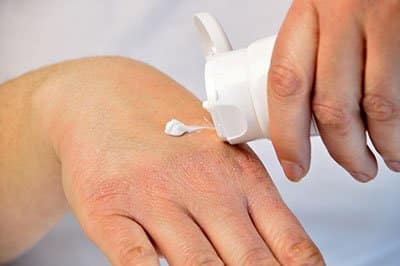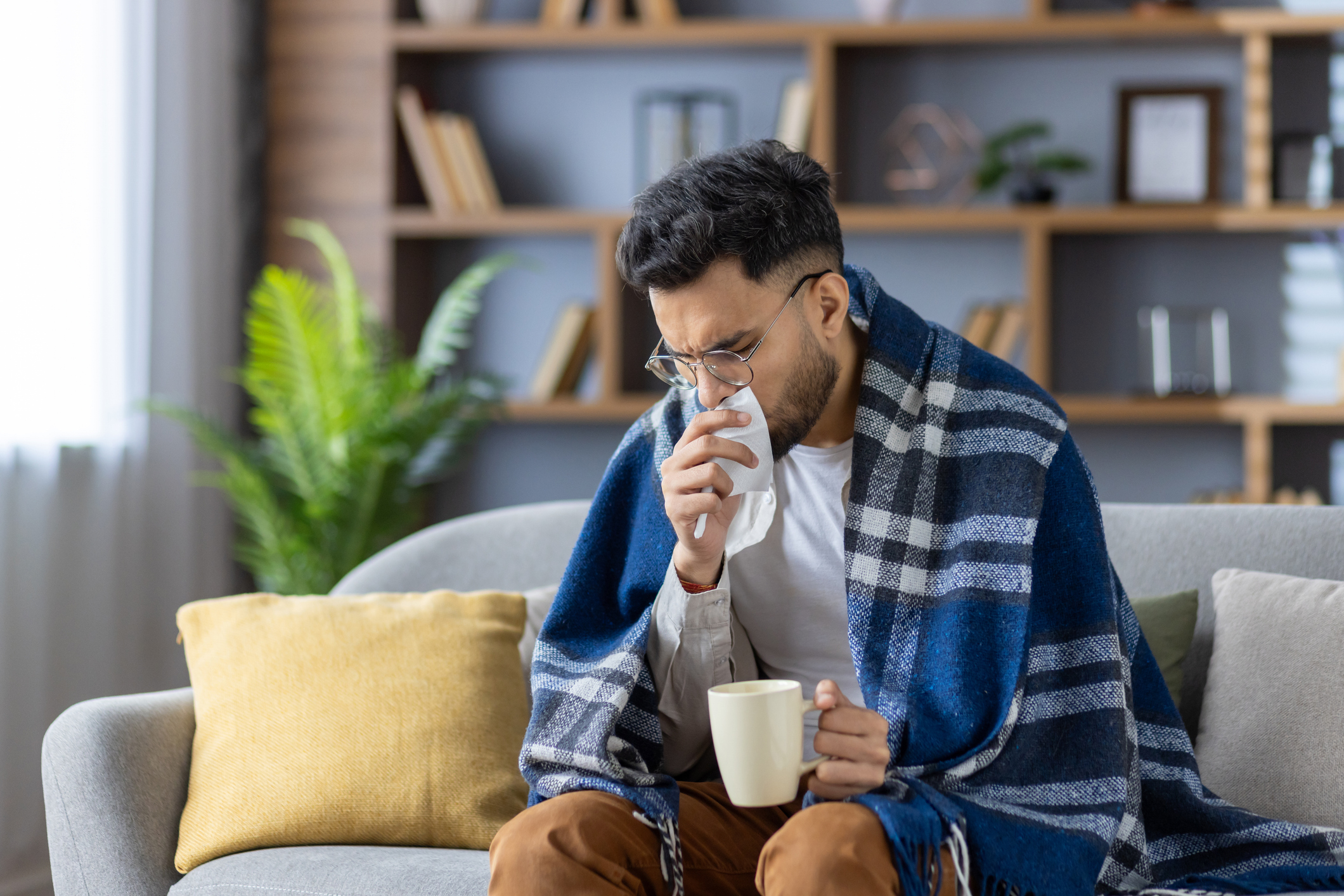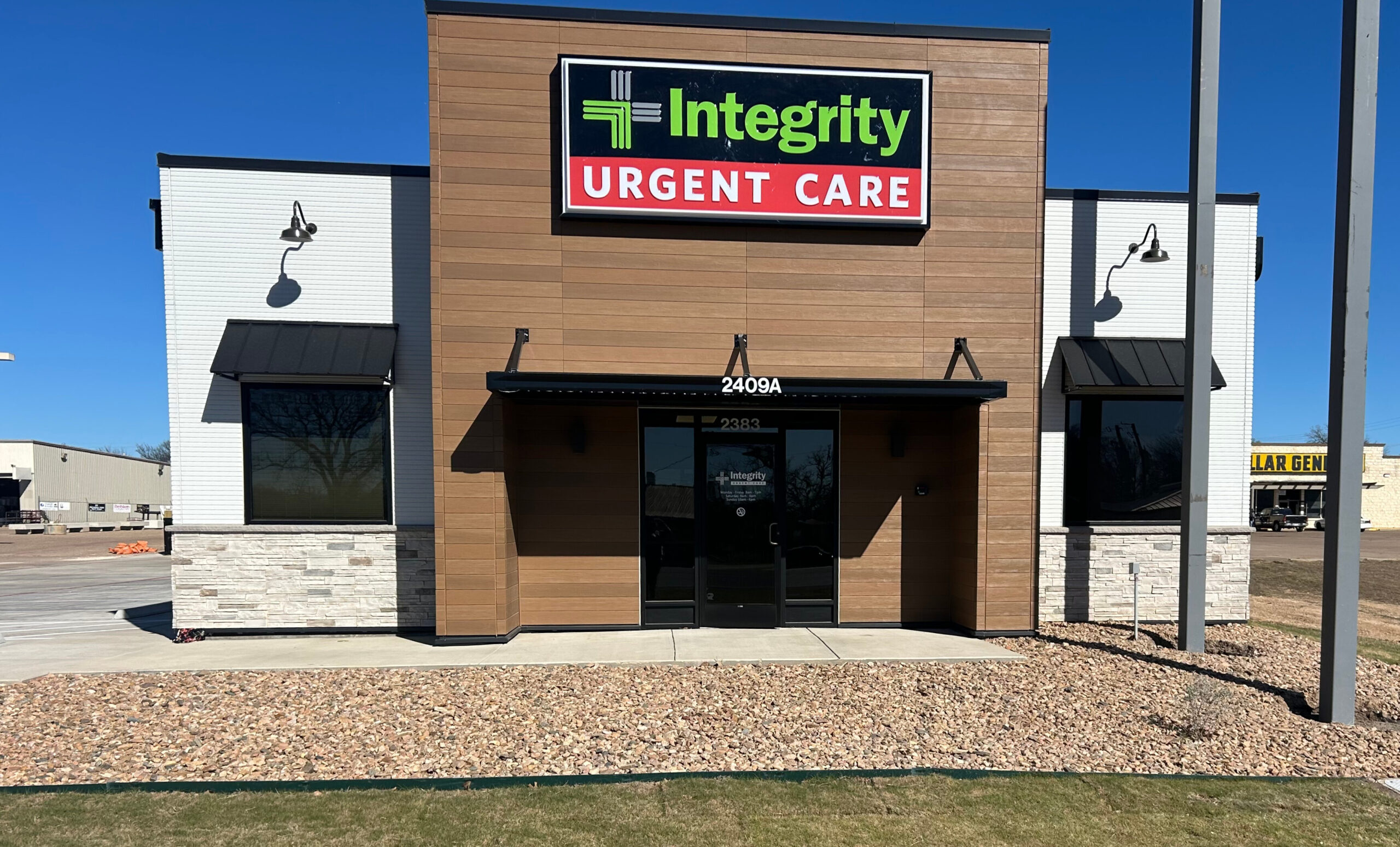What a winter it has been already! Our area of the country has recently seen extremely cold temperatures and multiple days of snow and ice. When the temperature drops, weather-related health problems start to rise. Read on for tips to fight back!
Immune System:
When it’s cold outside, people spend more time inside in close contact with each other. As a result, colds, the flu, and other illnesses spread more easily. Additionally, a research team at Yale University found that the rhinovirus, which causes the common cold, thrives in cold weather. When body temperatures are below average, this virus is far more effective at making you miserable. Be sure to get a flu shot (it’s not too late- find out more here!) and wash your hands frequently with soap and water or use hand sanitizer.
Heart:
Cold air makes it more difficult for your heart to keep blood circulating, leading to an increase in blood pressure. As your blood vessels constrict to return blood to your heart, your heart rate increases. An increased heart rate can trigger “ventricular fibrillation”, in which the heart is unable to circulate blood to the body or brain. Be sure to dress warmly when going outside – warm coat, hat, and gloves. Exercise indoors when temperatures dip and avoid outdoor activities that increase heart rate, such as shoveling snow. When combined with strenuous activity, ventricular fibrillation can quickly become deadly.
Lungs:
For those who suffer from allergies or asthma, cold weather can cause lung spasms. Inhaling cold air chills the airways, which respond by swelling and spasming. This can lead to breathing difficulties for those with asthma and wheezing for allergy sufferers. Avoid cold air as much as possible and if you use an inhaler, keep it close by. If you notice breathing difficulties, talk to your doctor.
Balance:
Icy, slippery sidewalks make it easy to fall, leading to broken bones and other injuries. Avoid these surfaces when you can and wear shoes with textured soles. Use handrails when they are available.
Skin:
Dry winter air zaps the skin of moisture. Fight back with an oil-based moisturizer to block evaporation. Use lukewarm instead of hot water when you shower and run a humidifier in your home to return moisture to your skin.
Body Temperature:
Older adults in particular are at risk for hypothermia, a condition in which the body’s internal temperature falls too low. It can even be caused by prolonged exposure to mild cold. Be sure to dress warmly if you’re going outside. If you feel stiffness in your neck, arms, and legs, call 911.
Stay warm! We’re here if you need us. Both Integrity Urgent Care locations are open daily from 8 am – 8 pm. Walk-ins are encouraged, and appointments are never necessary. We’re only a phone call away if you need more information.
Sources: https://www.health.harvard.edu/staying-healthy/how-does-cold-weather-affect-your-health, https://www.bustle.com/articles/57263-7-chilling-ways-cold-weather-affects-your-health-from-sex-to-sleep



